1916 Boren Case Study
1916 Boren: Setting a New Standard for Sustainable Labs in Seattle
- Sustainable Built Environments
Practices Engaged
- Laboratory & Life Science
Industry Sectors
- Laboratory & Research
Building Types

1916 Boren: Setting a New Standard for Sustainable Labs in SeattleSeattle’s Life Science building, 1916 Boren, has emerged as a new kind of landmark, one that combines innovative lab design with a deep commitment to sustainability. As one of the city’s first all-electric lab buildings and a certified LEED Gold development, it demonstrates how intentional choices, ranging from material selection to advanced energy systems, can drive both performance and sustainability. Designed by architecture firm CollinsWoerman and developed by Trammell Crow Company, the project saved 13.1% in energy costs, achieved a 41% reduction in indoor water use, and incorporated sustainable construction practices that are helping set a new standard for environmentally responsible lab design. Achieving those outcomes required a clear sustainability roadmap, technical expertise, and collaboration across design and construction teams. As the project’s Sustainability and LEED Consultant, Brightworks Sustainability worked from the early planning stages through certification to align every opportunity, from project visioning to material specifications, with the project’s LEED Gold goal. Setting the Path to LEED CertificationFrom the start, the 1916 Boren project was both high-profile in the Seattle area and an ambitious effort in sustainable design. The Brightworks team brought extensive LEED consulting expertise to guide the project’s sustainability strategy. “Brightworks was hired with a clear goal: achieve LEED Gold,” said Kate Kelly, Senior Consultant at Brightworks. “We mapped the pathway to sustainability goals, coordinated with design consultants throughout, and managed the LEED scorecard from early design through commissioning and making sure the building was functioning the way it should. This included everything from optimizing plumbing fixtures for water savings to helping coordinate materials selections to ensure healthy, low-emitting products.” This integrated approach provided the project team with the confidence that their sustainability ambitions would be realized. As a ground-up “core-and-shell” pursuit, Brightworks guided the sustainability strategy for the building’s structure, systems, and common spaces, paving the way for future tenants to complete their individual lab build-outs with sustainability in mind. Pushing Performance FurtherWhile Seattle’s location and energy code gave 1916 Boren a head start on certain LEED categories, Brightworks helped maximize every possible point. Kayla Freischlag, Sustainability Consultant at Brightworks, said: “The team had sustainability goals in mind: lower energy costs, good ventilation as a laboratory space, efficient plumbing fixtures, and healthier materials. Our job was to quantify their strategies and help push them further. For example, we’d take the fixtures they proposed, run the LEED calculations, and then recommend alternatives that could save more water or reduce emissions.” That push resulted in sustainable performance gains, from maximizing Sustainable Sites category credits through strategies like heat island reduction to further reductions in water and energy categories. Building with Better MaterialsOne of the most notable achievements at 1916 Boren was in materials, where intentional product selection directly reduced environmental and human health impacts. “We maxed out most of the material credits we typically go for as LEED consultants,” said Freischlag. “The project procured products that showed an embodied carbon reduction through optimized Environmental Product Declarations (EPDs). They specified steel with high recycled content, which reduces the need for virgin raw material. And they pursued material ingredient disclosures, making sure products had safer chemical inventories. Finally, all low-emitting materials were specified early and installed, so paints, coatings, flooring, and insulation contributed to a healthier environment for both occupants and construction workers.” This careful material selection aligned closely with the project team’s intent, playing a significant role in achieving LEED certification. Innovating Energy Performance in a Lab SettingAs one of Seattle’s first all-electric lab buildings, 1916 Boren required new approaches to energy modeling and efficiency. Anisur Rahman, Energy Analyst Lead at Brightworks, described the challenges: “When we started working on this project, an all-electric lab building plan was pretty new. These are complex buildings with heavy ventilation and simultaneous heating and cooling demands. On top of this, Seattle’s energy code is very stringent. Modeling for this type of complex project was challenging. Ultimately, we developed a strong methodology to capture all systems accurately.” The project employed multiple strategies:
“This experience has really helped us refine our approach, and now we’re very comfortable modeling complex all-electric labs,” continued Rahman. Enhancing Occupant Health and WellnessSustainability at 1916 Boren also extended to occupant wellness and long-term building operations. The project preserved existing trees and added landscaping for a carbon sequestration pilot credit, prioritized views to occupied spaces, and includes a locker room for bike storage to encourage active commuting. Brightworks also authored tenant construction guidelines to ensure the project’s sustainability legacy extends to future lab build-outs. “It’s not a required credit, but it provides assurance that tenants will align with the building’s performance goals,” said Kelly. “It’s one of the ways this building will live on in its goals.” A Collaborative Team and a Lasting ImpactAs Kelly notes, the project’s success also reflects a highly engaged and committed client. “The developer was very present and attentive throughout the process. That commitment made for a collaborative, responsive team that kept sustainability goals at the forefront,” shared Kelly. By achieving LEED Gold as one of Seattle’s first all-electric buildings, the project demonstrates that high-performance, health-focused, sustainable labs are not only possible, they are the new benchmark. Written by Corey Hastings, Marketing Consultant |

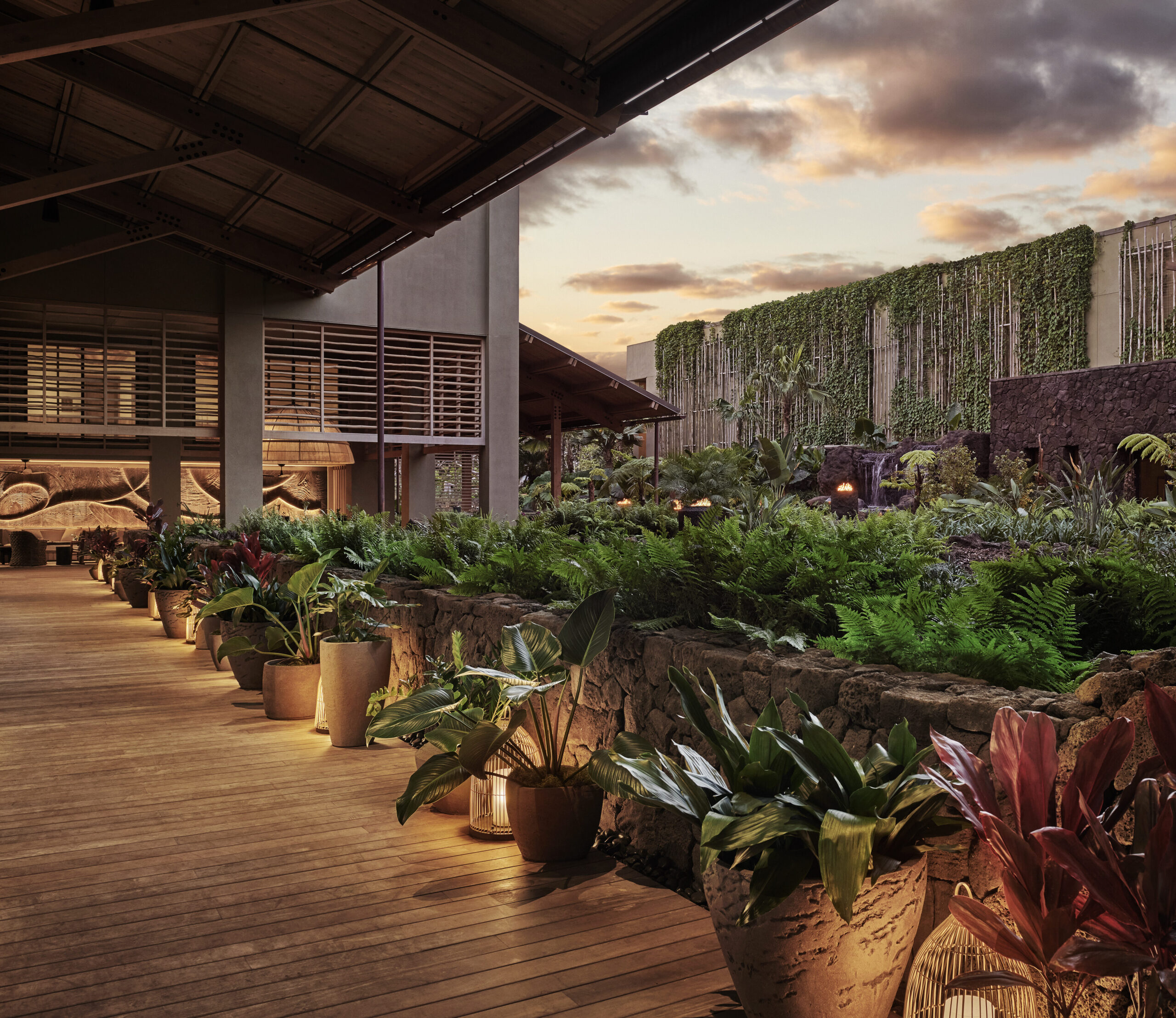
Starwood Hotels & Resorts
1 Hotel Hanalei Bay Luxury Resort
Starwood Hotels & Resorts
1 Hotel Hanalei Bay Luxury Resort
Princeville, HI
Brightworks provided LEED certification management and energy services to support Starwood Hotels with the major renovation and rebranding of Kauai’s Princeville Hotel into a flagship 1 Hotel resort focused on sustainable hospitality and wellness. Brightworks collaborated with the design and construction team to incorporate innovative strategies that will save energy and water, improve operations, and protect local ecosystems. Brightworks also delivered comprehensive energy modeling services, which allowed the project team to identify energy conservation measures and evaluate options.
Practices Engaged:
Sustainable Built Environments
Industry Sectors:
Hotel
Building Types:
Hotels & Resorts


Gerding Edlen
5 MLK Apartments
Gerding Edlen
5 MLK Apartments
Portland, OR
This biophilically-designed tower achieved LEED Gold and Fitwel 1 Star certification while also featuring a resiliency program. The building offers 100,000 square feet of offices on lower floors and 220 residential units with landscaped terraces above.
Practices Engaged:
Sustainable Built Environments, Healthier Built Environments
Industry Sectors:
Residential
Building Types:
Luxury Residential

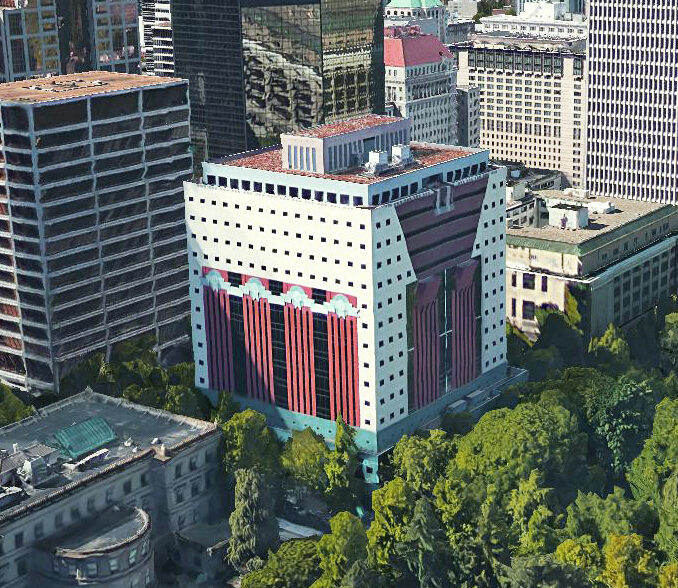
City of Portland
Case Study
City of Portland
Case Study
Practices Engaged:
Healthier Built Environments
Industry Sectors:
Corporate, Government, State & Local
Building Types:
Historic Buildings
Read more

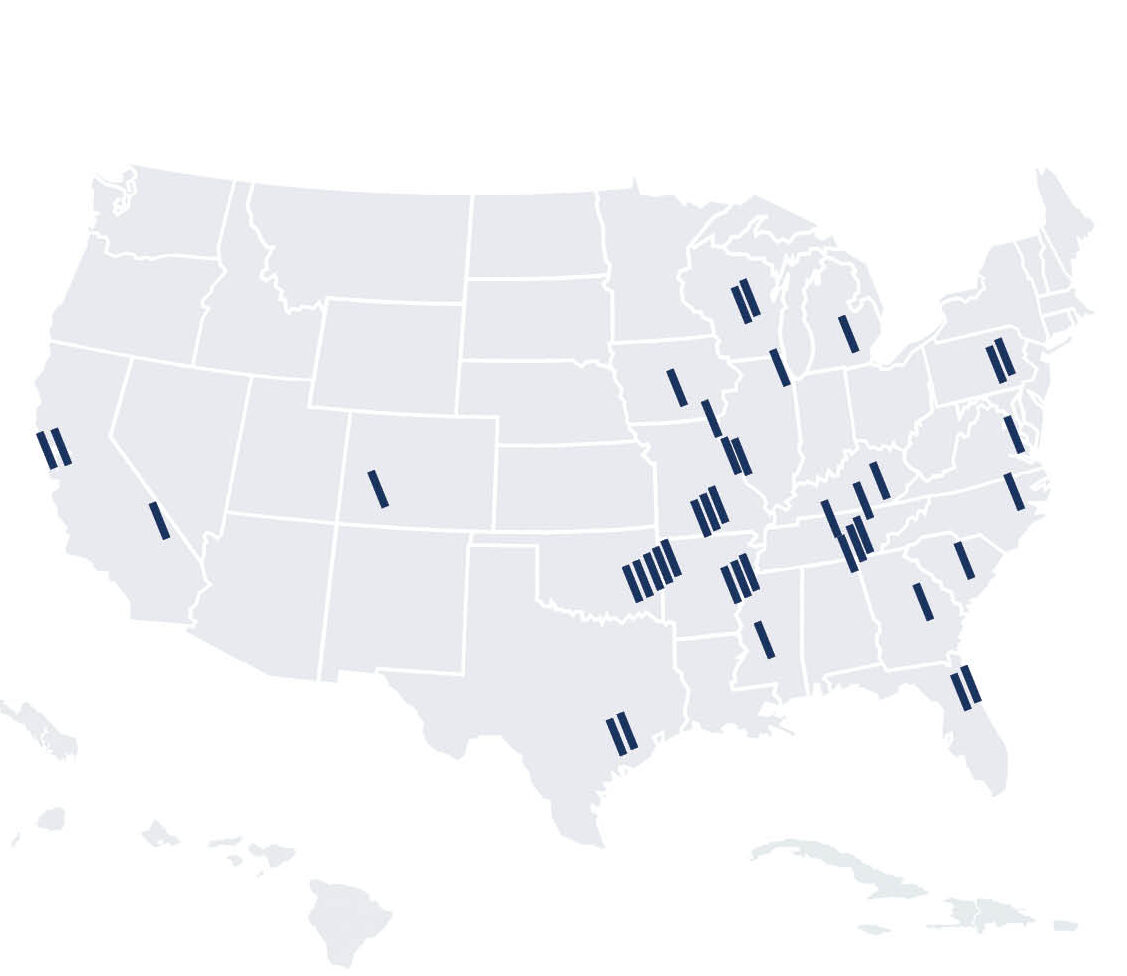
ABB
North American GreenCRREM Assessments
ABB
North American GreenCRREM Assessments
Arkansas, California, Florida, Georgia, Michican, Missouri, Mississippi, North Carolina, New Jersey, New Mexico, Oklahoma, Pennsylvania, South Carolina, Tennessee, Texas, Virginia, Wisconsin, West Virginia
ABB is a global leader in industrial technology. Across 17 states, Brightworks conducted sustainability assessments on more than 50 buildings in ABB's North American portfolio, including manufacturing, office, and warehousing facilities. An extensive report providing a baseline assessment for each site helped ABB prioritize energy efficiency measures, budget for carbon reduction efforts, and calculate ROI as part of its GreenCRREM program.
Practices Engaged:
Sustainable Built Environments, Carbon, Energy
Industry Sectors:
Corporate, Manufacturing

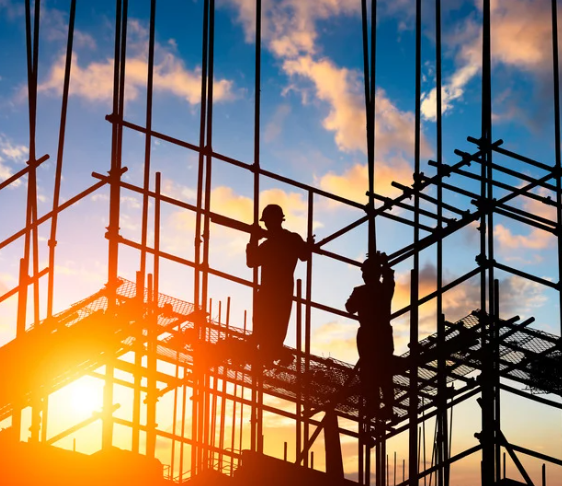
Salesforce
Case Study
Salesforce
Case Study
This letter to the industry highlights the urgent need to address embodied carbon in MEP/IT/AV systems. While operational emissions have seen progress, this embodied carbon remains a challenge. This article reveals insights to guide the industry toward a 50% reduction by 2030 to stay on track for meeting net-zero carbon targets for 2050.
Practices Engaged:
ESG + Corporate Sustainability, Sustainable Built Environments, Carbon, Materials
Read more

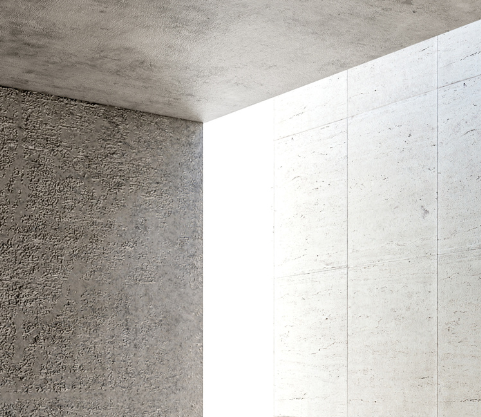
AI Meets Lower Carbon Concrete
AI Meets Lower Carbon Concrete
Concrete accounts for 8% of global GHG emissions, which is more than every country except the US and China. Lower carbon concrete is a critical climate solution, but designing it isn’t simple. While AI offers promise, experts warn of its limitations in capturing real-world variables. This post explores why human expertise still leads the way, and how integrative strategies are reshaping concrete’s future.
Practices Engaged:
Materials
Read more

-
U.S. GSA Diplomatic Security OfficeDiplomatic Security Office | Seattle, WA
-
U.S. Social Security Administration OfficeVan Nuys Office | CA